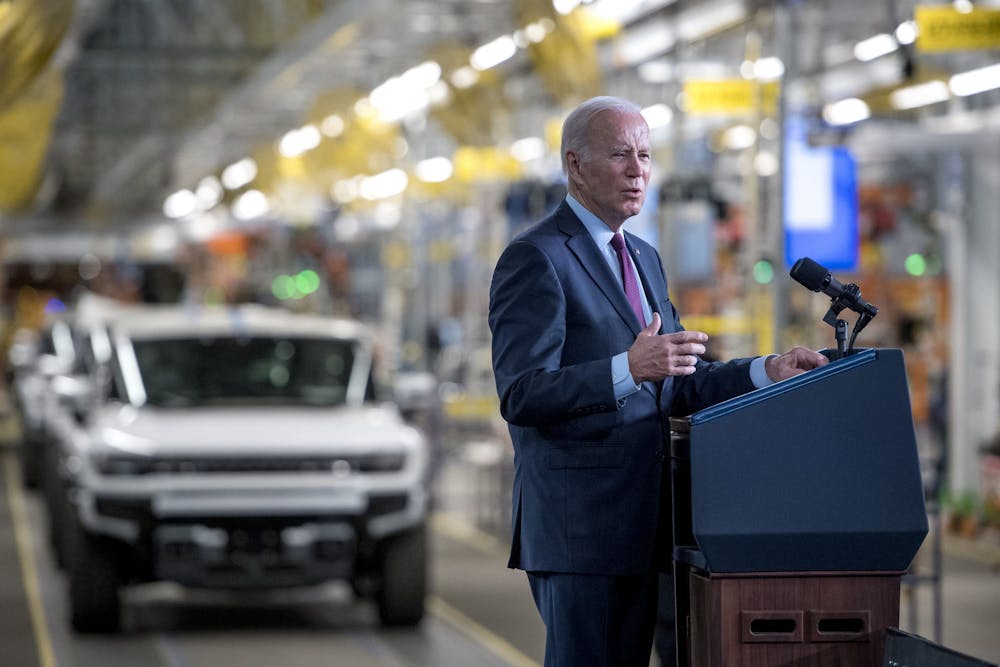On Nov. 15, President Joe Biden signed the $1.2 trillion bipartisan infrastructure package, known as the Infrastructure Investment and Jobs Act, into law. Lawmakers praised the bill for investing money into roads, bridges, mass transit, rail, airports, ports and waterways.
According to White House officials, the bill will supply North Carolina with almost $9 billion in infrastructure spending, and the state could potentially apply for billions more.
The Biden administration said, “For decades, infrastructure in North Carolina has suffered from a systemic lack of investment. The historic Infrastructure Investment and Jobs Act will make life better for millions of North Carolina residents, create a generation of good-paying union jobs and economic growth and position the United States to win the 21st century.”
The Federal Transportation Administration has provided early projections of what the funding allocation in North Carolina would look like.
Transit Development
The state could expect around $457 million for bridge replacement and repairs during the next five years. According to the White House, North Carolina has 1,460 bridges and more than 3,100 miles of highways considered to be in poor condition.
One exciting development for the state could be the addition of another interstate to the so-called “Carolina Core.”
Business and civic leaders are partnering with local, state and federal officials to designate part of the existing Highway U.S. 421 as a future interstate to further spur economic growth and make the region more competitive on a global stage. This effort will create the future I-685 interstate running along at least seven counties.
North Carolina could receive about $910 million over the next five years to improve public transportation. This is especially important in reducing commuting times, especially for minorities who tend to use public transportation at a higher rate.



